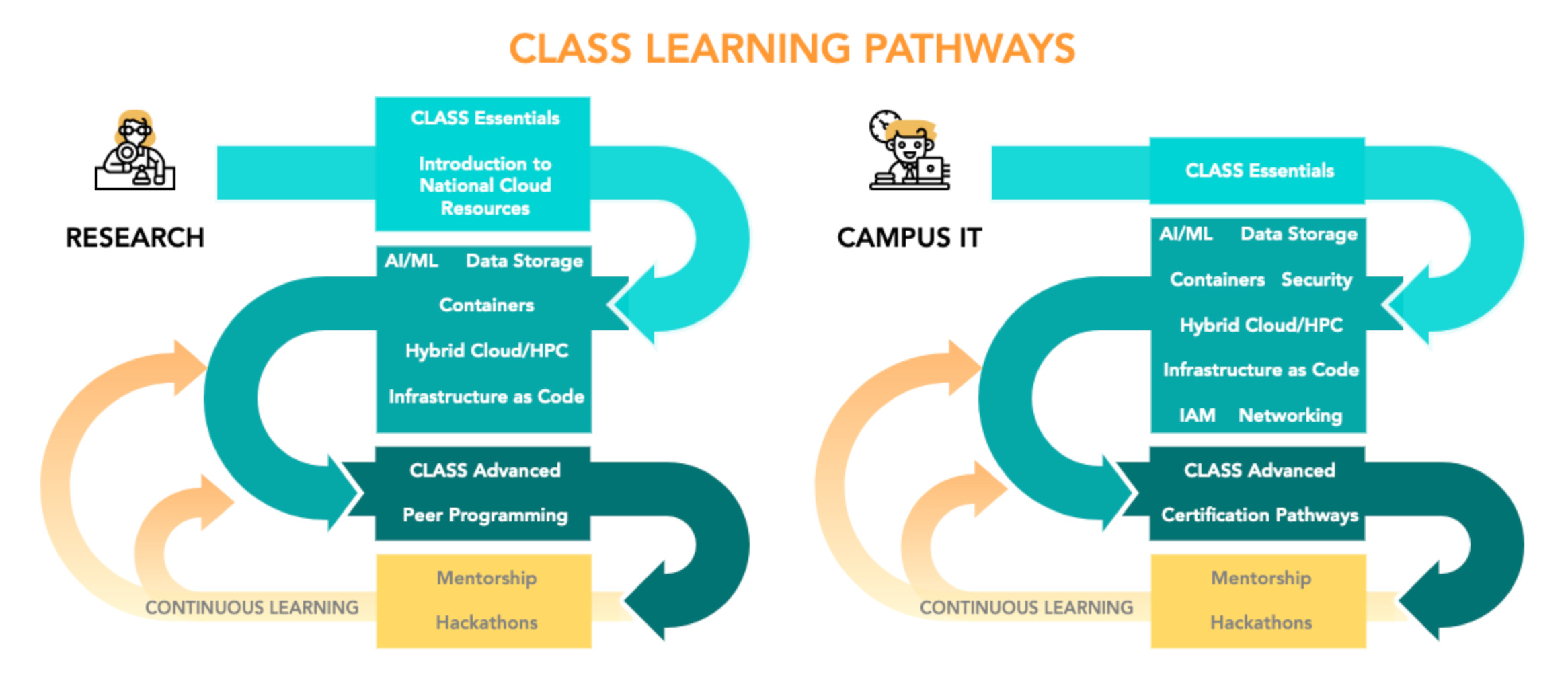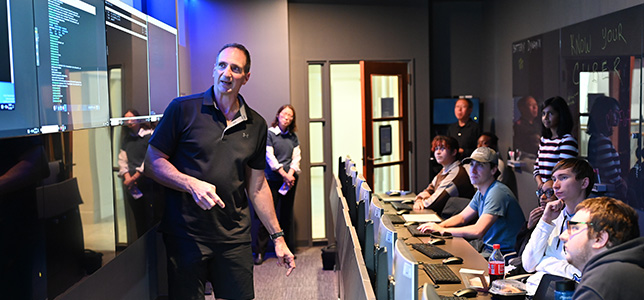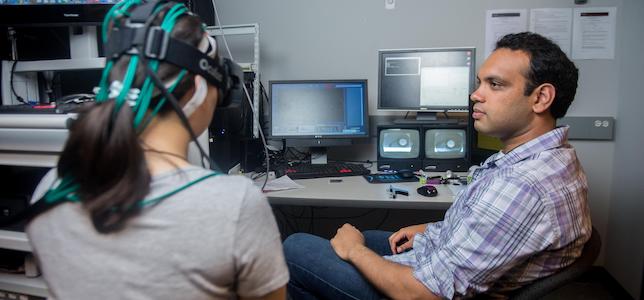
Sometimes we feel right at home with AI; sometimes it seems like an alien world. Here, Mark Frydenberg shares some practical advice to help educators find familiar ground as they guide their institutions through AI's disruptive technology changes.

Touro University has embarked on a system-wide initiative to incorporate artificial intelligence into all of its programs — not only in teaching and learning, but also across research, operations, and policy. We spoke with Dr. Shlomo Argamon, Touro's recently appointed associate provost for AI, about his role, the importance of AI in higher education, how to prepare students for the new world of AI in the workforce, and more.

CT asks Amanda Tan, the research engagement program manager for Internet2’s Cloud Learning & Skills Sessions program, how CLASS helps the research and education community learn to navigate the quickly changing cloud knowledge base.

Addressing the challenges of new learning spaces requires a new strategic approach to innovative planning, stakeholder engagement, continuous professional development, and a commitment to ongoing evaluation and adjustment.

As Microsoft transitions from unlimited storage for education customers to a maximum of 100TB of free storage across OneDrive, SharePoint, and Exchange, here are 10 ways to manage your storage more efficiently and keep storage costs in check.

In January, Arizona State University announced a major partnership with OpenAI to explore the potential of ChatGPT in education. We caught up with ASU CIO Lev Gonick to find out more about that collaboration, how the university is approaching the use of generative AI across campus, and what the key takeaways have been so far.

As next-generation chief information officers navigate the complexities of digital transformation, here are five tips for success.

As students develop skills to succeed in the workforce, technologies such as artificial intelligence, virtual reality, and augmented reality are providing a priceless opportunity to learn by doing.

The New Jersey Institute of Technology just published its 2030 strategic plan, outlining human-centered technology strategies that will build NJIT's unique values into its broader digital transformation.

Recently Educause released its inaugural AI Landscape Study, which polled the higher education community about AI strategic planning and readiness, policies and procedures, impact on the workforce, and the future of AI in higher education. We spoke with researcher Jenay Robert about the survey results and how "I don't know" might be the theme of the day when it comes to AI.